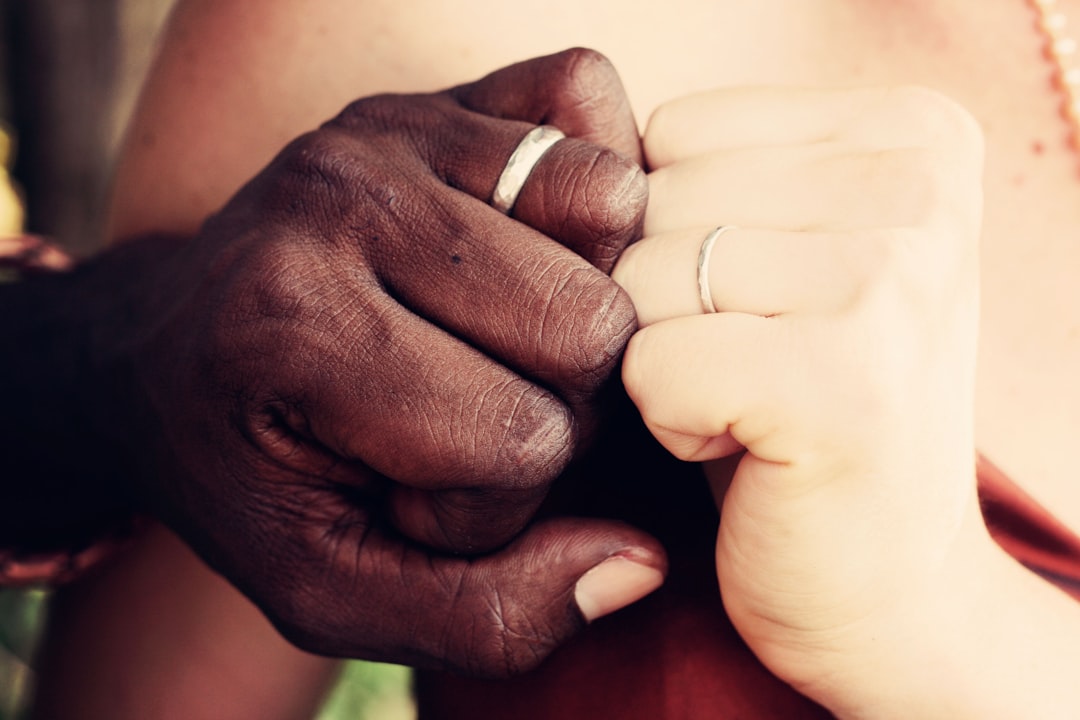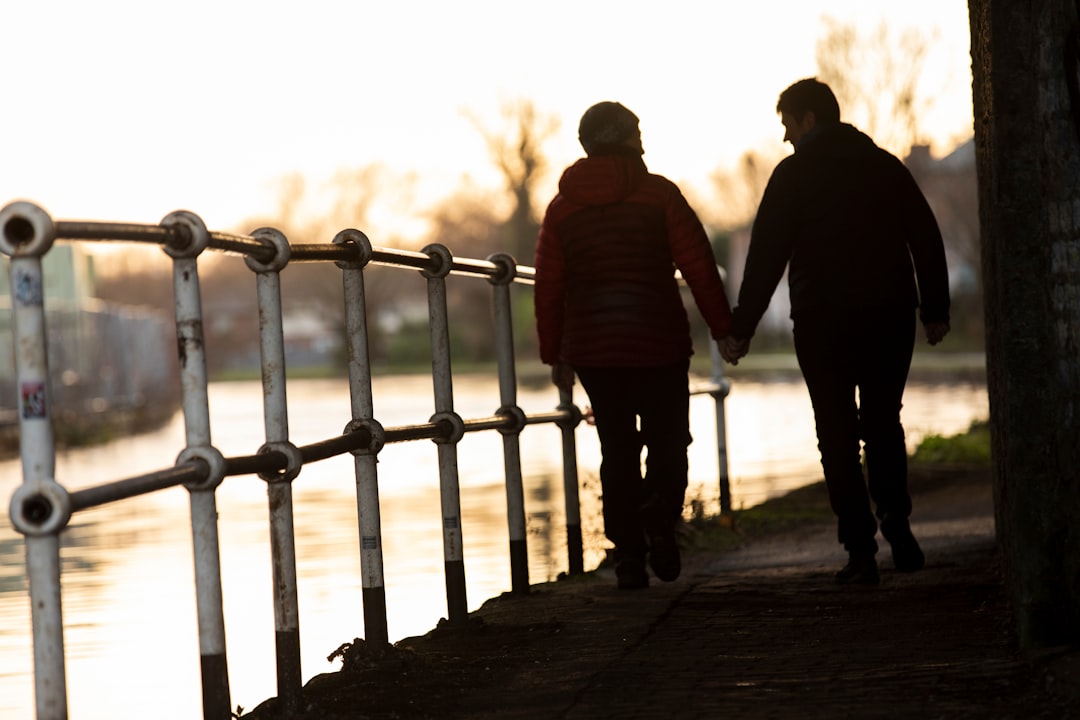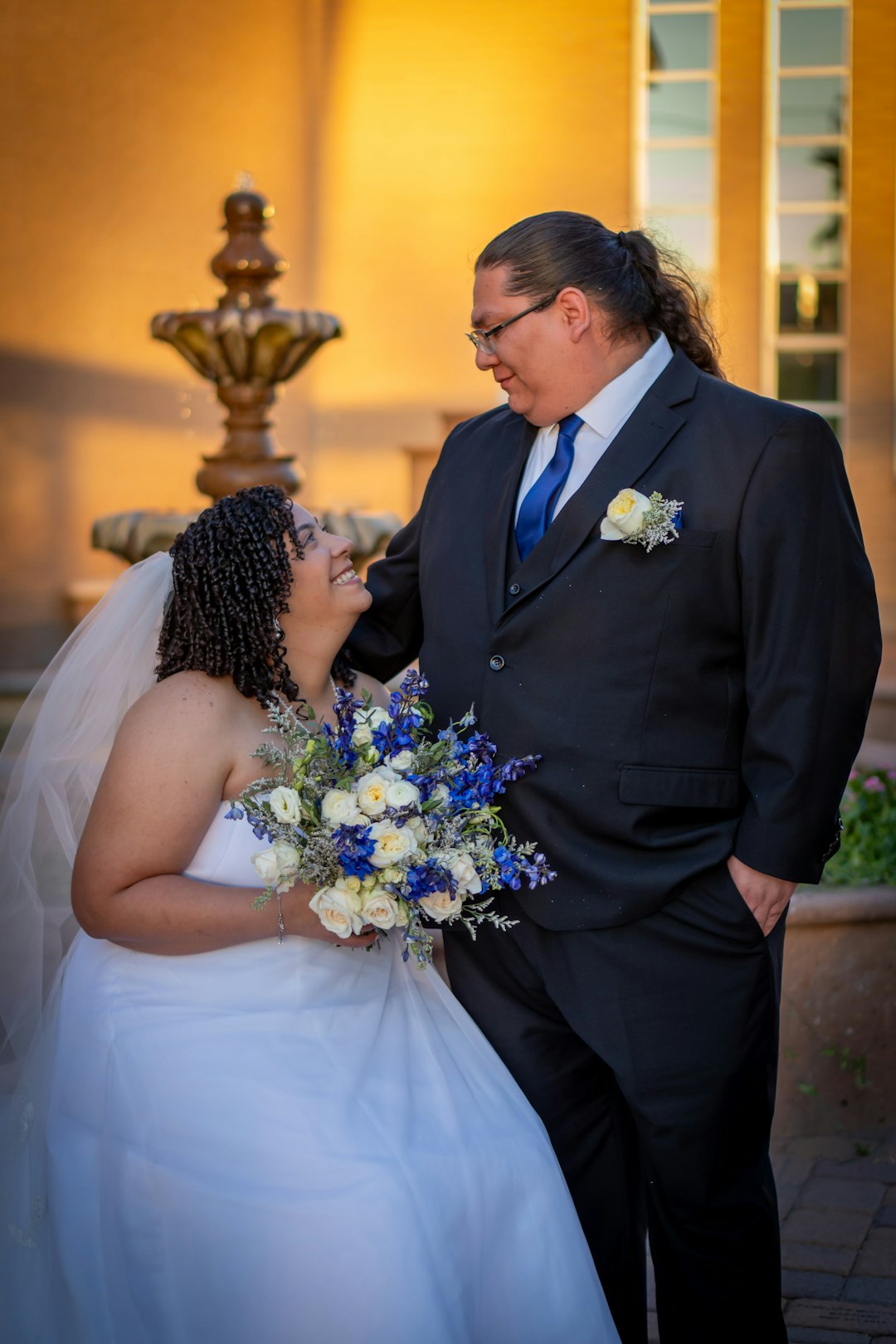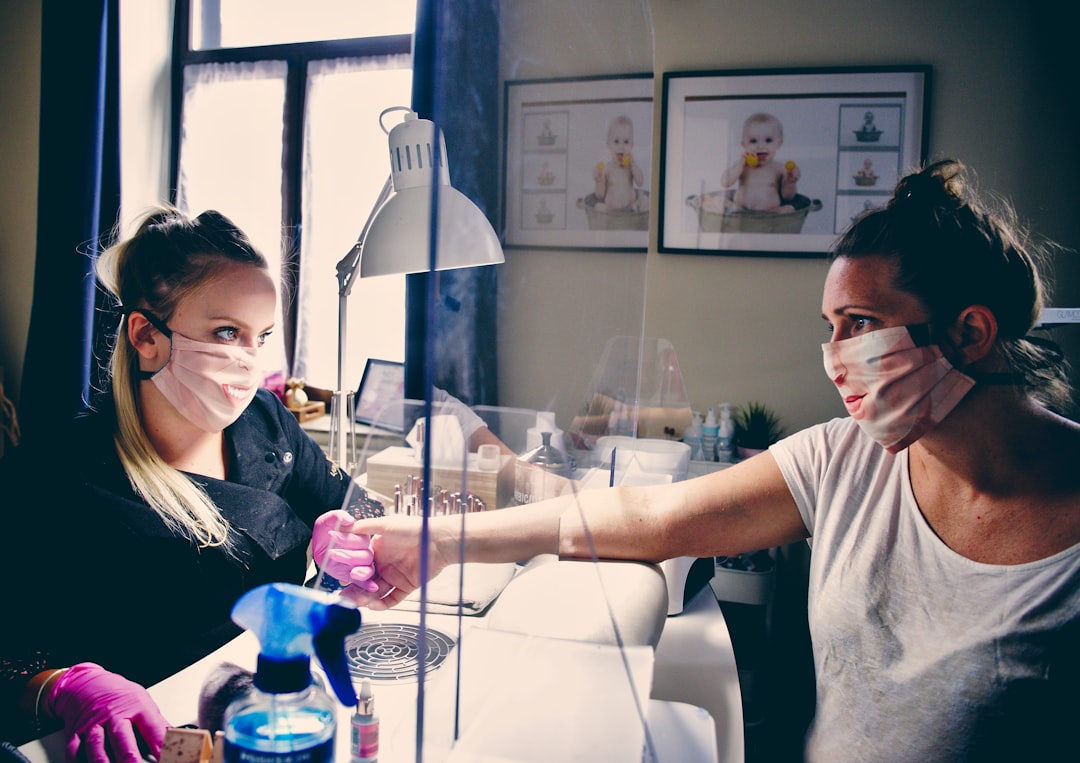
By Alejandro Sanchez, Psy.D. Provisional Psychologist Licensee
When a romantic relationship ends, it’s like diving into a sea of emotions as deep and turbulent as grief itself. It’s a painful experience that not only leaves us mourning the loss of a significant other but also grieving the multifaceted aspects intertwined with the relationship itself.
In this blog post, I will try to delve into the complexities of heartache, understanding why the termination of a romantic bond can induce such profound sorrow and how psychotherapy can offer a beacon of hope amidst emotional pain and unintentional associations.
When a romantic relationship ends, the grief experienced extends beyond the mere absence of the individual. We mourn not only the person but also the myriad of memories, experiences, and symbols entwined with the relationship. Every shared moment becomes a relic of the past, leaving us to grapple with the void they once filled. The laughter shared in cozy cafes, the warmth of embraces on the couch as you binge-watch your favorite shows together, and the believed promises of forever– each fragment is a heartrending reminder of what once was.
The loss also extends beyond tangible memories to intangible facets deeply embedded within our psyche. The scent of a particular perfume, the melody or lyrics to a familiar song, or the taste of your favorite food together can trigger waves of sorrow, unraveling the intricate tapestry of emotions woven throughout the relationship. It’s not merely the person we mourn but also the essence of what they represent – love, companionship, belonging, and a shared future. The grieving process in the aftermath of a romantic breakup is further complicated by the myriad of associations intertwined with the relationship. Places once cherished become haunted by bittersweet memories, rendering them emotional jungles to navigate without a reliable compass. Strolls through your favorite farmers market or public park, once havens of shared memories, now echo with the reverberations of love lost.
Our minds are like powerful learning machines, often making associations without conscious intention. The sensory triggers embedded within our environment serve as constant companions in our journey of grief. The familiar scent of a loved one’s cologne or the texture of their favorite hoodie can evoke a storm of emotions, transporting us back to moments frozen in time. These associations not only intensify the grieving process but also saturate it with a sense of perpetual longing, a yearning for the comfort of familiarity amidst the chaos of loss. Having trouble associating everything around you with your ex-partner after a breakup is a natural and expected response to ending a romantic relationship. This difficulty arises from a combination of psychological and emotional factors inherent in the grieving process. Throughout a romantic relationship, we develop deep emotional connections with our partners. These connections intertwine with various aspects of our lives, including places, events, activities, and shared experiences. When the relationship ends, these emotional ties don’t simply vanish; instead, they linger, making it challenging to disassociate memories and emotions from the environments and objects once shared with the ex-partner.
Human memory is associative, meaning certain cues or triggers can evoke specific memories and emotions. In the aftermath of a breakup, everyday stimuli such as a blade of grass can serve as powerful triggers, instantly transporting you back to a time when you had a picnic with your ex-partner in the park. It is natural for these memory triggers to intensify feelings of sadness, longing, and nostalgia, further complicating the process of moving on.
We often establish routines and habits with our partners during a romantic relationship. From daily rituals to unique traditions, these routines become deeply ingrained in one’s lifestyle. Following a breakup, the absence of your partner disrupts these established patterns, steering us through a landscape of unfamiliarity and uncertainty. Adjusting to life without the presence of an ex-partner can be deeply painful and confusing because reminders of a past relationship continue to surface in the form of habitual actions and familiar surroundings. Romantic relationships are built upon a foundation of shared experiences, ranging from everyday moments like sharing some evening tea before bedtime to significant milestones like celebrating your partner’s job promotion or moving in together. These shared experiences become part of your identity as a couple and contribute to forming a shared narrative. After a breakup, you may struggle to reconcile your identity with the memories and experiences shared with your ex-partner. The emotional investment in these shared experiences can make it difficult to let go and move forward independently.
On top of mourning the past, people grappling with a breakup also mourn the loss of future plans and aspirations once shared with their ex-partner. Whether it’s dreams of traveling together, building a home, or starting a family, the dissolution of the relationship represents the shattering of these collective hopes and dreams. As a result, you may find it challenging to disassociate or disconnect your surroundings from the envisioned future you had planned with an ex-partner.
Illuminating the Path to Healing

In the wake of overwhelming heartache, the prospect of healing may seem distant and elusive. However, psychotherapy offers a guiding light amidst the darkness, providing a haven for individuals to work through their pain and embark on a journey of self-discovery.
As a therapist, I use several therapeutic modalities, such as cognitive-behavioral therapy (CBT), dialectical behavior therapy (DBT), and psychodynamic therapy, to help my patients explore the complex emotions surrounding their breakup and develop coping strategies to navigate the tumultuous seas of grief and loss. I provide a compassionate presence, offering validation and support as my patients traverse the landscape of their emotions. Psychotherapy provides a space for individuals to reframe their narrative, shifting their perspective from despair to resilience and hope. Through introspection and self-reflection, patients can unearth the silver linings amidst the storm clouds of heartache, discovering newfound insights and strength in the face of hopelessness.
I work hard to equip my patients with invaluable self-care and emotional regulation tools, empowering them to cultivate a sense of agency in their healing journey. Whether through mindfulness practices or boundary-setting exercises, patients can nurture their emotional well-being and foster a sense of empowerment amidst their loss. The end of a romantic relationship is a journey through the depths of despair, encompassing the grieving of the person and the collection of associations intertwined with the relationship. However, the ending of a relationship can represent opportunity. An opportunity to reflect, learn, and grow. With the help of psychotherapy, we can navigate the complexities of heartache and embark on a journey of healing and self-discovery. While the scars of loss may linger, they serve as a testament to the resilience of the human condition, a beacon of hope amidst a tragic end.





































